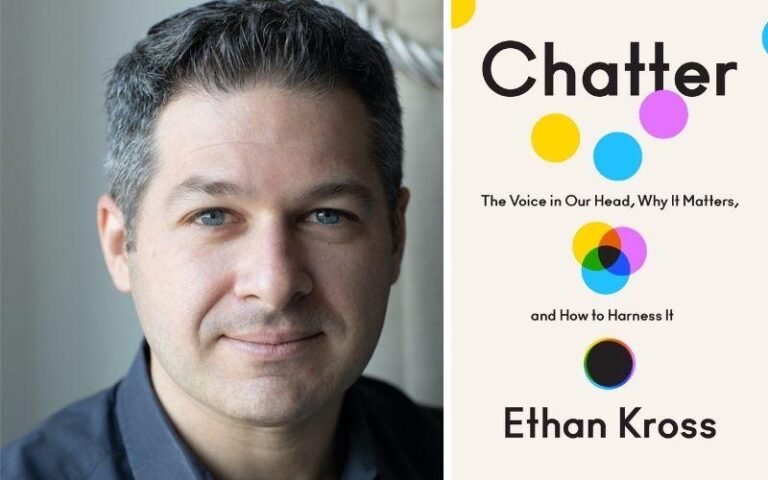Introduction:
As parents, we often fall into the trap of using traditional discipline methods—yelling, time-outs, or taking away privileges—to control our children’s behavior. But what if these methods are ineffective and harmful to your child’s emotional development? In her groundbreaking book, Out of Control, Dr. Shefali Tsabary explains why traditional discipline fails and offers a more conscious approach to parenting.
The Problem with Traditional Discipline:
Traditional discipline is rooted in control. When we punish or reward our children, we teach them to rely on external validation rather than developing self-discipline. This creates a cycle of dependency, where children behave well only to avoid punishment or gain rewards, rather than because they understand the value of their actions.

Dr. Tsabary argues that discipline often triggers resentment in children. Instead of fostering connection, it creates emotional distance. Children may comply outwardly, but internally, they feel misunderstood and disconnected from their parents.
What to Do Instead:
- Focus on Connection: Instead of punishing bad behavior, focus on understanding the underlying emotions driving it. Children act out when they feel disconnected or misunderstood. By addressing their emotional needs, you can help them feel seen and heard.
- Let Natural Consequences Teach: Allow your child to experience the natural consequences of their actions. For example, if they forget their homework, let them face the teacher’s response rather than rescuing them. This helps them learn responsibility without feeling controlled.
- Model Self-Regulation: Children learn by watching us. If you remain calm and centered during conflicts, your child will learn to regulate their own emotions.
Conclusion:
Traditional discipline may offer short-term compliance, but it fails to teach children the self-discipline and emotional resilience they need for life. By shifting to a more conscious, connection-based approach, you can foster a deeper bond with your child and help them grow into confident, self-regulated individuals.











